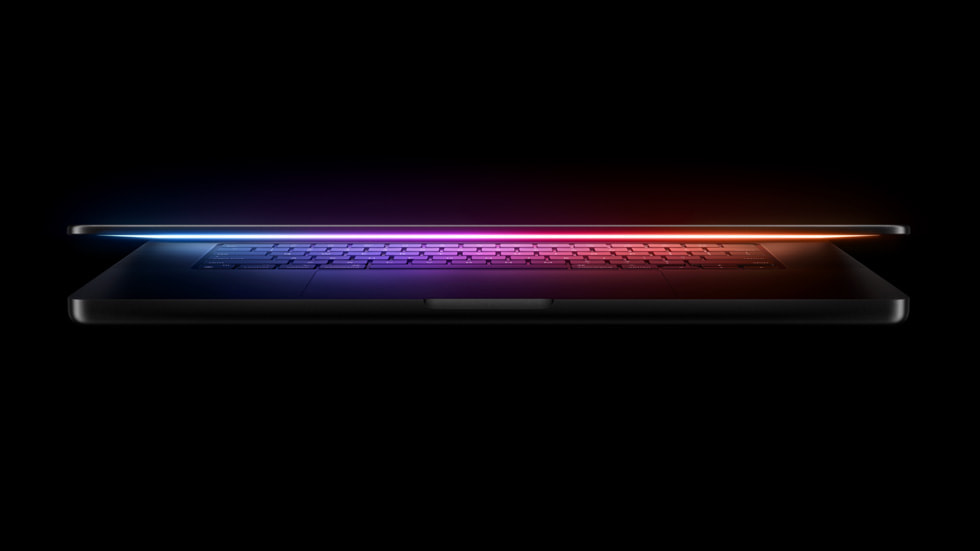Apple has introduced its latest lineup of MacBook Pro models, featuring the advanced M4, M4 Pro, and M4 Max chipsets. The M4 Pro chip, initially launched with the Mac mini, has shown impressive results, making it the fastest Mac to date.
Meanwhile, the M4 Max pushes the performance boundaries even further, rivaling the power of some of the highest-end PC processors available. These new MacBooks highlight Apple’s strides in laptop performance, bringing Apple Silicon closer to or even surpassing top-tier desktop processors from competitors.
The benchmarks used for these new chips are based on Geekbench 6, a widely accepted standard for comparing chip performance. While actual user experiences may differ depending on specific tasks and applications, Geekbench offers a useful initial look at the new chips’ capabilities. Until more real-world testing occurs, these results serve as an approximate measure of what the M4 Max and its counterparts can achieve in terms of processing power and efficiency.

In a head-to-head with prior Apple Silicon chips, the M4 Max exhibits significant performance gains over previous generations. Apple initially projected a 20% speed increase over the M3 Max, but early Geekbench results reveal even more impressive figures.
The M4 Max achieves a single-core score of 4060 and a multi-core score of 26675, marking a substantial 26% improvement over the M3 Max’s multi-core score. Notably, the M4 Max even surpasses the M2 Ultra, beating it by about 24% in multi-core performance, reinforcing Apple’s rapid progression with its silicon technology.
When compared to the highest-performing PC processors, the M4 Max holds up remarkably well. For example, AMD’s Ryzen 9 9950X scores 3630 in single-core and 26653 in multi-core performance, putting it slightly below the M4 Max in both metrics. Similarly, Intel’s Core i9-14900K, one of Intel’s top chips, scores 3144 in single-core and 23044 in multi-core, showing that the M4 Max is roughly 15% faster in multi-core tasks, a surprising feat for a laptop processor competing with desktop chips.
Apple’s upcoming M4 Ultra chip is expected to extend this momentum even further. Built by combining two M4 Max dies using Apple’s UltraFusion technology, the M4 Ultra could theoretically double the M4 Max’s performance with minimal efficiency losses. Set to debut in the Mac Studio and Mac Pro models mid-next year, the M4 Ultra promises a significant boost in Apple’s pro-level computing lineup, positioning Apple Silicon to maintain its standing among the most powerful processors available.







Leave a Reply